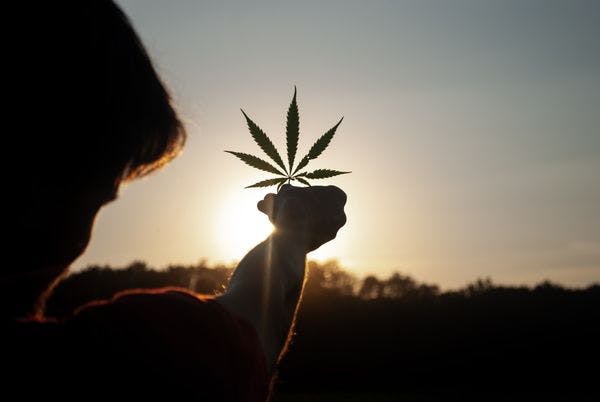Unsplash - David Gabrić
Lo que la historia nos enseña sobre la formulación de la nueva legislación sobre cannabis en Sudáfrica
En 2018, el Tribunal Constitucional de Sudáfrica efectivamente descriminalizó el consumo de cannabis; pero desde entonces, el gobierno ha venido tratando de encontrar maneras de regular este consumo. Más información, en inglés, está disponible abajo.
By Talking Drugs
A cannabis bill to clarify legal reforms was recently presented in parliament. Yet, medical and civil rights groups who advocate rights-based approaches remain wary of the ongoing potential for discrimination. They argue it will benefit the affluent and impact negatively on vulnerable communities, who may not have space at home to cultivate the crop and will be criminally penalised for smoking cannabis outside the home.
With a cannabis industry estimated at over $300-billion worldwide, much is at stake. Already, South African boutique producers are navigating legal loopholes to deliver cannabis products to young, urban middle-class consumers. Some government officials see dagga as a ticket to economic growth. This is through agriculture and medicinal products that can be marketed for pain alleviation, sleep and skin care.
But, would further liberalisation invite “corporate capture” as some development practitioners fear? If so, what will happen to people in rural communities who, for decades, have eked out risky livelihoods by illegally cultivating dagga? History provides crucial insights into the questions of social justice at stake in current policy debates.
Our recent study using police statistics from the mid 1900s uncovers trends in cannabis arrests and seizures, by geographical area. It shows the South Africa apartheid state to have been a pioneer in supply-side drug control strategies, targeting rural cannabis farmers in the most impoverished parts of the country.
Temas
Regiones
Perfiles relacionados
- Talking Drugs
